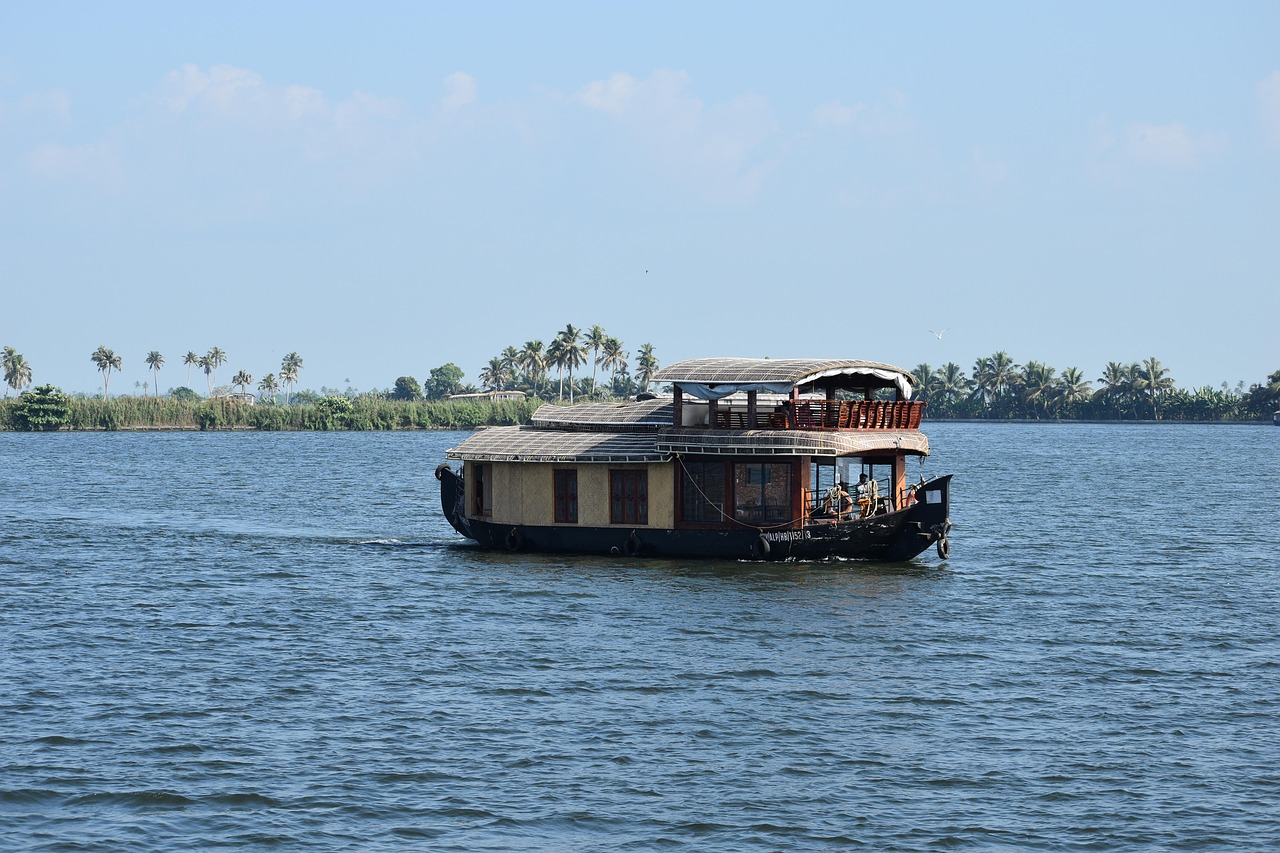Mobility
Supply chain disruptions in Mobility
In the Mobility case studies, we investigate how transport provisioning systems—comprising infrastructures (roads, rail, charging networks), vehicle fleets, and energy carriers—respond to and recover from supply-chain disruptions.
Drawing on high-resolution stock-flow data and agent-based network models, we assess the propagation of shocks through multimodal transport networks and evaluate the capacities of public and private actors to reconfigure service delivery, maintain accessibility, and support wellbeing under varying disruption scenarios.

Gendered (Im)Mobilities in Flood-Prone Cities: Mapping Geographies of Mobility and Climate Injustice in Hyderabad and Kochi
-principal researcher: Ambika Sairam
The research examines how gendered access to urban mobility intersects with frequent flooding events in the South Indian cities of Hyderabad and Kochi. Through comparative qualitative analysis, this study investigates the different ways flooding intensifies women’s immobility and how gender-insensitive transport planning deepens women´s mobility challenges during climate disruption events.
The project contributes theoretical insight into gendered mobility injustice by combining earlier disconnected strands of feminist urban geography and climate-mobility injustice to generate grounded, community-centred understanding of what women’s (im)mobility may look like in an urban setting. It also aims to illustrate how immobility manifests as climate injustice in an increasingly climate-vulnerable urban South India.

Rail-based transport in Morocco, Central and Eastern Europe, and Austria
- Principal researcher: Katia Darnakhleh
How do railway systems in contrasting regions respond to global disruptions and changing sustainability demands? This case study explores the resilience and malleability of railway systems in Morocco, Central and Eastern Europe, and Austria, asking how different socio-economic, infrastructural, and governance contexts shape their capacity to adapt and transform.
Austria represents a mature and highly integrated railway system with strong institutional frameworks and coordinated governance, providing a valuable reference for understanding system performance and adaptation. In comparison, the broader Central and Eastern European region—encompassing countries such as Hungary, Poland, and the Czech Republic—illustrates how modernization and EU integration processes influence the evolution of railway systems within diverse political and institutional landscapes.
Morocco, by contrast, embodies an emerging railway system marked by rapid expansion, uneven regional accessibility, and the involvement of international actors in its development. By comparing these regions, the study seeks to uncover how varying historical trajectories, governance arrangements, and resource dependencies shape the ability of railway systems to remain resilient under global pressures while advancing equitable and sustainable mobility transitions.